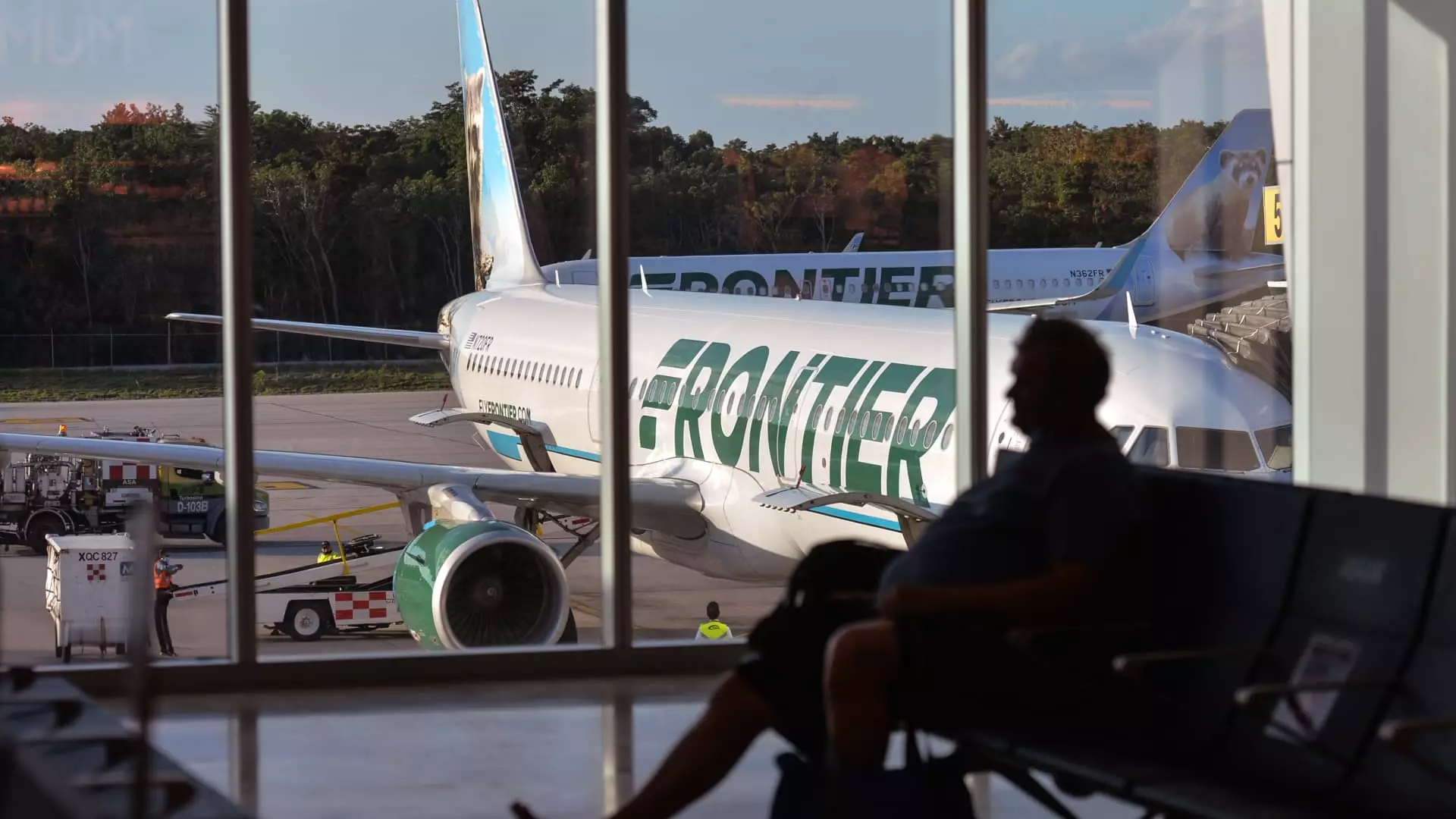The 1986 Air Carrier Access Act mandates that airlines must provide wheelchair services to passengers with disabilities at airports. However, Frontier Airlines CEO Barry Biffle revealed that there is a growing trend of travelers abusing this service by falsely claiming the need for a wheelchair. Biffle pointed out that he has witnessed instances where a significant number of passengers requested wheelchairs upon departure, but did not actually require them upon arrival. This fraudulent behavior not only disrupts the efficiency of airline services but also creates delays for individuals with genuine disabilities who truly need assistance.
According to Biffle, providing wheelchair services to passengers incurs a cost of $30 to $35 for each request. The prevalence of misuse of this service can result in substantial financial losses for airlines. Moreover, the abuse of wheelchair services not only strains the resources of the airline industry but also undermines the accessibility and assistance available to individuals who have legitimate disabilities. Biffle emphasized the importance of deterring such behavior by implementing penalties for those who exploit wheelchair services.
Barry Biffle is not the only industry executive who has raised concerns about the misuse of wheelchair services at airports. Former CEO of London’s Heathrow Airport, John Holland-Kaye, highlighted that some travelers exploit wheelchair assistance as a means to expedite their journey through the airport. This deceptive tactic compromises the integrity of the service and deprives individuals with disabilities of the support they require. The abuse of wheelchair services not only compromises the efficiency of airport operations but also jeopardizes the well-being of passengers who genuinely rely on such assistance.
John Morris, a triple amputee and founder of WheelchairTravel.org, acknowledged that there are valid reasons why travelers may need wheelchair assistance during their outbound journey but not upon arrival. Factors such as navigating through large airports versus smaller facilities can influence the necessity for wheelchair support. Morris emphasized that disabilities manifest in diverse ways and may not always be visibly apparent. While there is merit in holding abusers accountable for their misuse of wheelchair services, addressing this issue in a manner that respects the complexities of disabilities remains a challenge.
In response to the concerns raised about the handling of wheelchair services at airports, the Department of Transportation has proposed stricter regulations aimed at preventing wheelchair damage by airport ground handlers. Additionally, the proposed rules seek to ensure prompt and adequate assistance for travelers with disabilities during boarding and disembarkation from planes. By implementing these measures, the Department of Transportation aims to enhance the quality of wheelchair services provided to individuals with disabilities and deter the abuse of such services by unscrupulous travelers.
Overall, the abuse of wheelchair services at airports poses a significant challenge to the airline industry and individuals with legitimate disabilities. It is imperative for airlines, airport authorities, and regulatory bodies to collaborate in addressing this issue effectively and safeguarding the accessibility and assistance provided to passengers with disabilities.


Leave a Reply